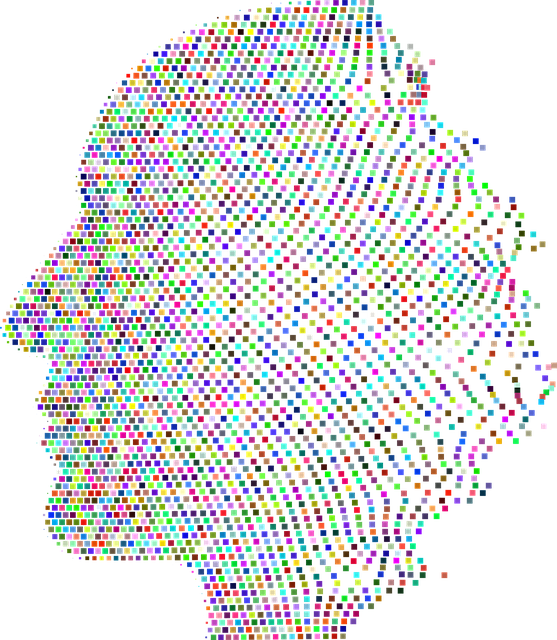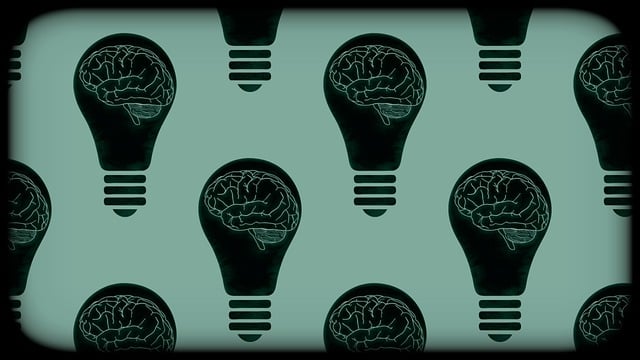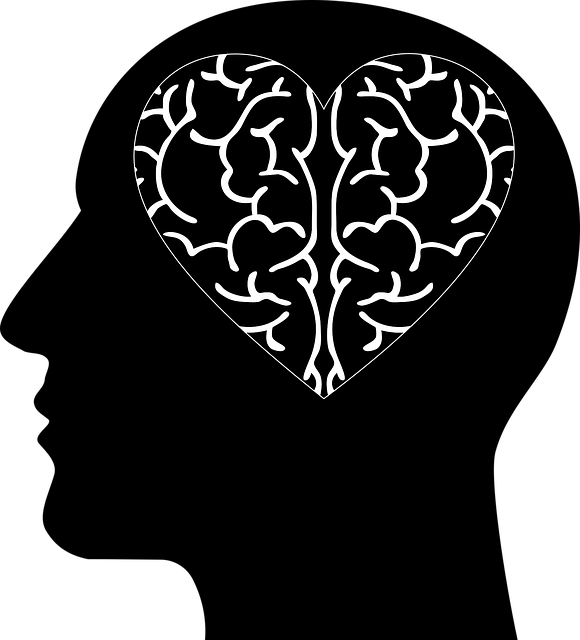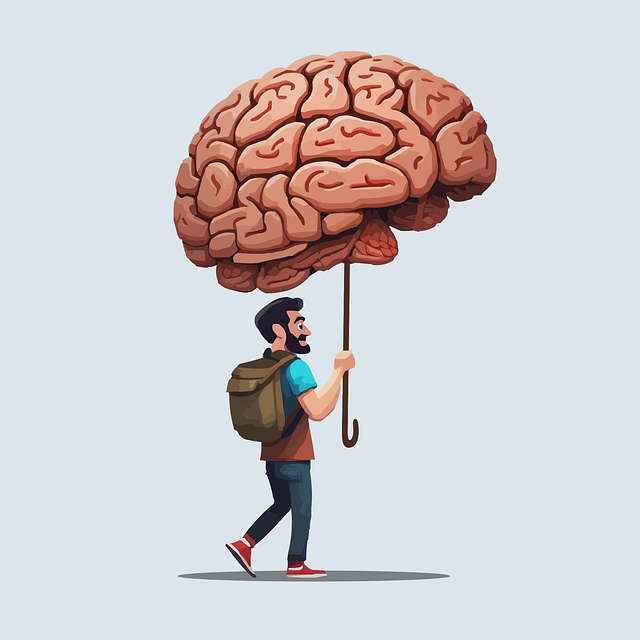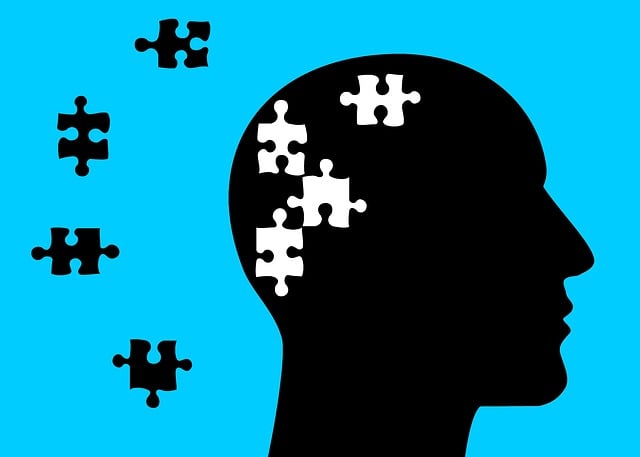The text emphasizes the importance of emotional well-being for individuals with ADD-ADHD, highlighting effective strategies like cognitive behavioral techniques (CBT), self-awareness exercises, and lifestyle adjustments. CBT, an evidence-based method, focuses on modifying negative thought patterns and behaviors through self-care routine development. Lifestyle changes, including physical activity, balanced diet, and quality sleep, form the foundation for mental health. Holistic approaches like stress management workshops and mindfulness practices empower individuals with mood regulation skills, leading to improved emotional balance and increased life satisfaction. Superior ADD-ADHD Therapy combines these evidence-based techniques and lifestyle changes for comprehensive mood management.
In today’s fast-paced world, maintaining emotional balance is crucial. This article explores powerful mood regulation strategies, offering a comprehensive guide to achieving superior ADD-ADHD therapy outcomes. From understanding the fundamentals of mood control to delving into cognitive behavioral techniques and lifestyle adjustments, these practices empower individuals to unlock their emotional potential. Discover how alternative practices can enhance mood management, fostering a more balanced and fulfilling life.
- Understanding Mood Regulation: Unlocking Emotional Balance
- Cognitive Behavioral Techniques for ADD-ADHD Therapy
- Lifestyle Adjustments and Alternative Practices for Enhanced Mood Management
Understanding Mood Regulation: Unlocking Emotional Balance

Understanding Mood Regulation: Unlocking Emotional Balance
Mood regulation is a vital aspect of emotional well-being, especially for individuals with ADD-ADHD who often face unique challenges in managing their emotions. It involves recognizing and controlling one’s feelings, ensuring they align with the current situation. By developing superior ADD-ADHD therapy techniques, individuals can learn to navigate their emotional landscape effectively. Self-awareness exercises play a crucial role here, helping them identify triggers and patterns that influence their mood swings.
Through self-care practices, such as mindfulness and positive thinking, one can foster emotional resilience. These strategies enable individuals to respond rather than react to stressful situations, promoting a sense of balance. Incorporating daily rituals centered around Self-Care Practices and cultivating Positive Thinking can significantly enhance overall mood regulation capabilities.
Cognitive Behavioral Techniques for ADD-ADHD Therapy

Cognitive Behavioral Techniques (CBT) offer a powerful approach to Superior ADD-ADHD Therapy. This evidence-based method focuses on identifying and modifying negative thought patterns, behaviors, and emotional responses. By teaching individuals to recognize triggers and develop healthier coping mechanisms, CBT empowers them to manage their symptoms effectively. The strategy is tailored to address specific challenges faced by those with Attention Deficit Hyperactivity Disorder (ADHD), incorporating elements of self-care routine development for better mental health.
Incorporating Cultural Sensitivity in Mental Healthcare Practice is vital when using CBT for ADD-ADHD. Understanding and respecting diverse cultural backgrounds ensures that treatment strategies are adaptable and relevant, preventing potential burnout prevention strategies for healthcare providers. This inclusive approach considers unique perspectives, beliefs, and experiences, enhancing the overall effectiveness of Superior ADD-ADHD Therapy.
Lifestyle Adjustments and Alternative Practices for Enhanced Mood Management

In addition to traditional therapy like Superior ADD-ADHD Therapy, lifestyle adjustments and alternative practices can significantly enhance mood management. Engaging in regular physical activity, maintaining a balanced diet, and prioritizing quality sleep are foundational components that support mental well-being. Incorporating stress management workshops or organizing Mental Health Education Programs Design can provide individuals with coping skills development, empowering them to navigate emotional challenges effectively. These holistic approaches not only complement professional therapy but also foster long-term resilience against mood disorders.
Additionally, practices such as mindfulness meditation, yoga, and deep breathing exercises have been shown to reduce stress levels and improve overall mood. Incorporating these alternative therapies can be a game-changer for those seeking more comprehensive solutions. By combining evidence-based practices with lifestyle changes, individuals can better manage their moods and lead more fulfilling lives.
In conclusion, mastering mood regulation is a transformative journey that combines cognitive insights with practical lifestyle changes. By understanding emotional balance and employing effective strategies like cognitive behavioral techniques and alternative practices, individuals can achieve superior ADD-ADHD therapy outcomes. These methods empower individuals to navigate their emotions more effectively, leading to improved well-being and enhanced quality of life.




